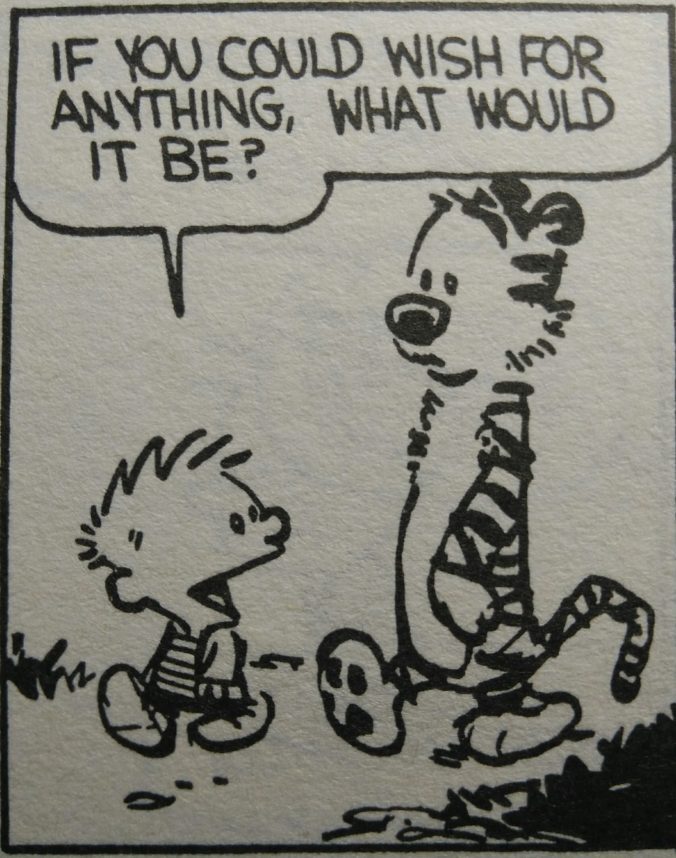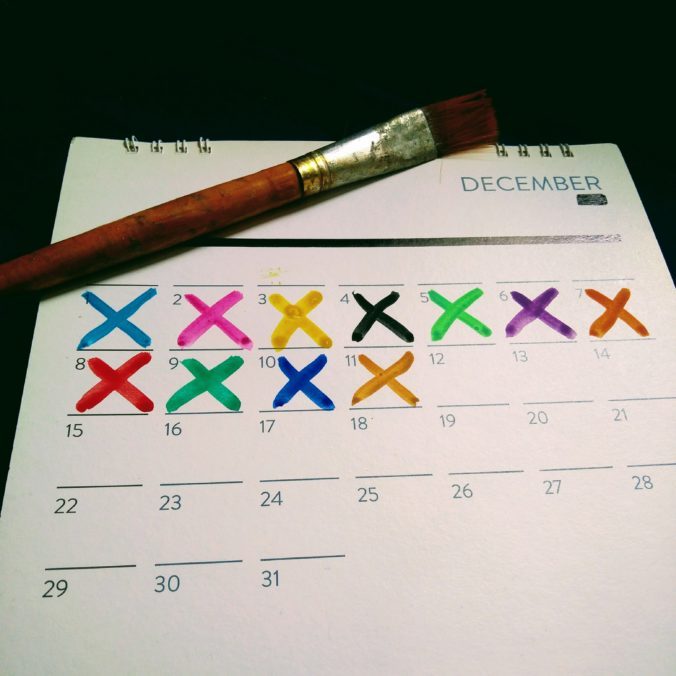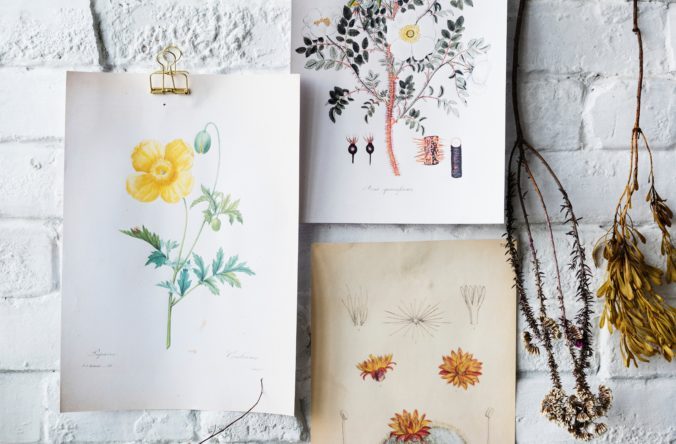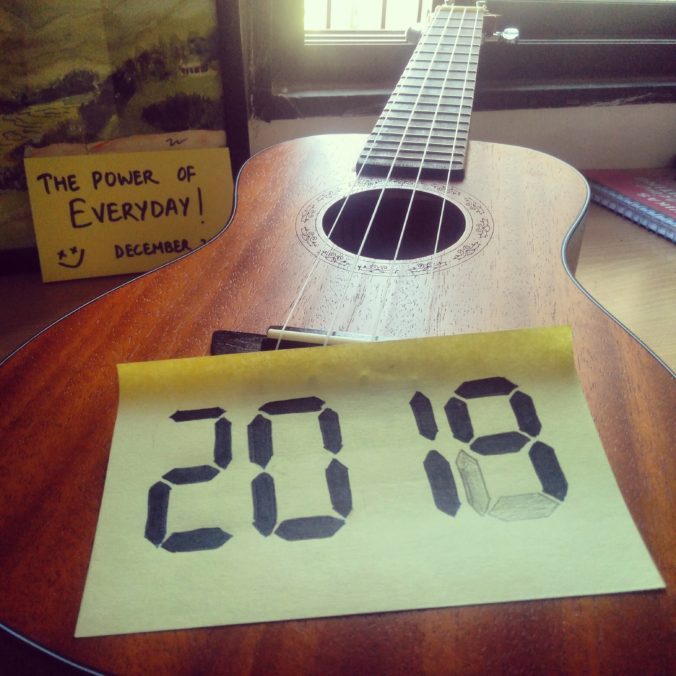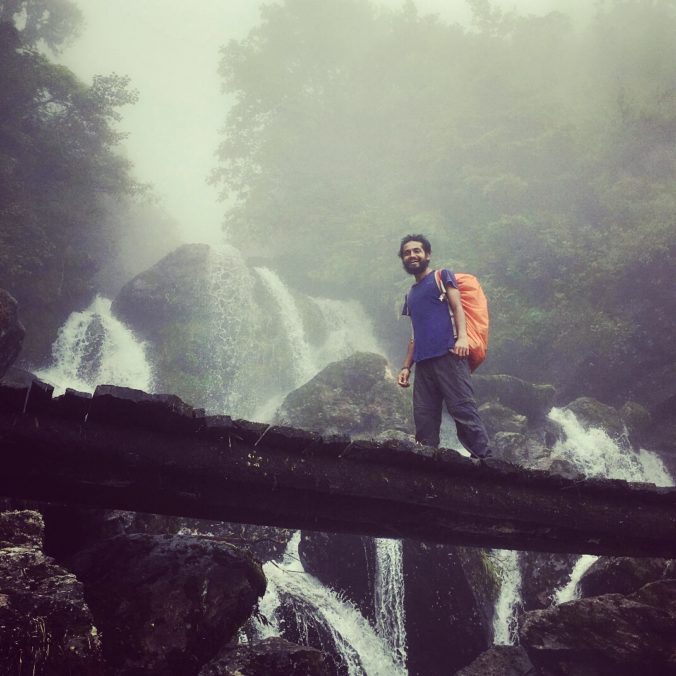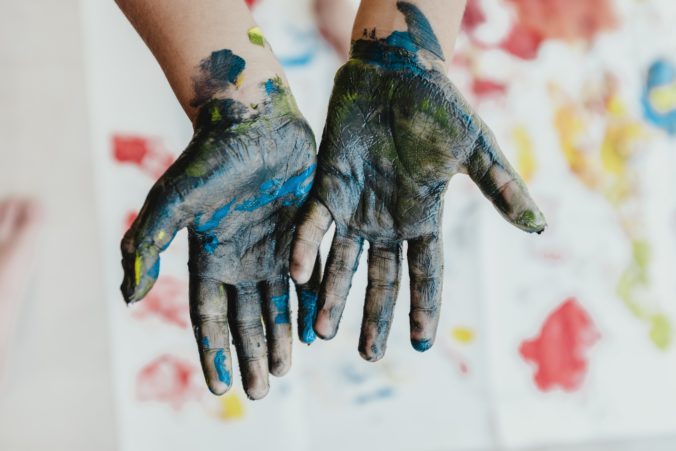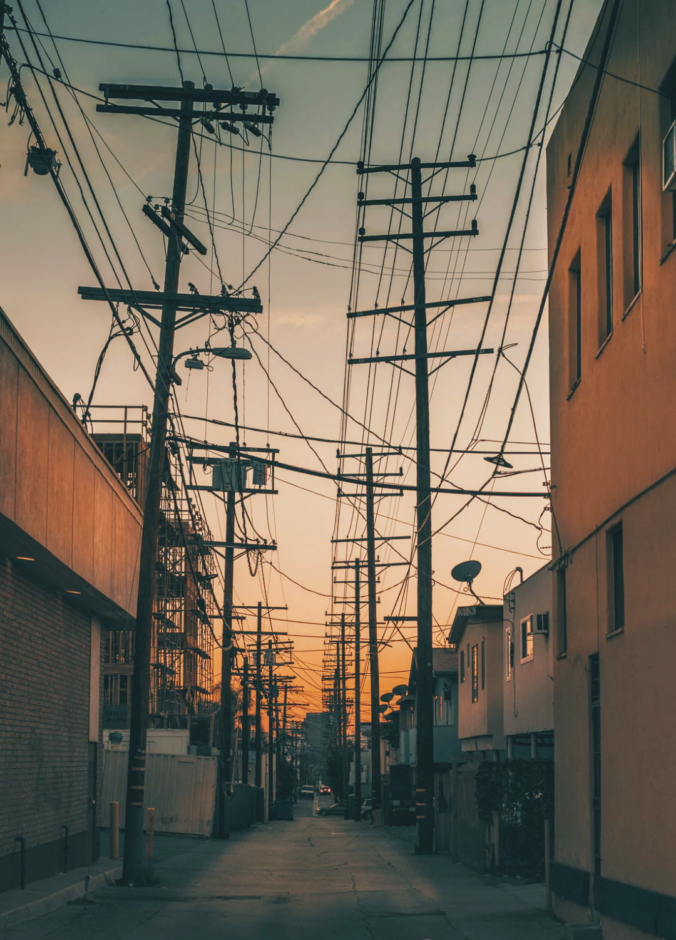An old man used to frequent a park. He wouldn’t do much there. He would just sit on a wooden bench and enjoy the breeze of the season.
Every evening, he would see a group of three young men meet at the park after work. They would just sit on the bench opposite him and chatter away mindlessly.
The old man could barely see much. But even in a few months of observation, he could sense the gradual deterioration in the health of the young men.
He wished to change things.
But how? He wondered.
The next day, the old man quit his slippers and came to the park in his shoes. Just as the three men came in the park that evening, they were surprised to see the old man walk around the park with his cane.
In a few weeks, the old man felt healthy enough to set aside his cane and walk briskly without it.
Each time he would pass their field of vision, the men would feel a strange feeling inside them. Their talking would stop and all their attention would momentarily be on the old man.
The following month, the three men got a big shock. The old man was jogging slowly around the park with a beaming smile. There wasn’t much talk that day, just a lot of silence.
Next day, the old man got a surprise he was wishing for all along. The three young men were waiting for him in their running shoes. Soon, the three of them were following the old man around like chicks around mama hen.
Even with his slow breezy pace, the old man had moved three mountains semingly set in stone, in gentle onward motion.
For a few weeks they would run like this everyday.
Until one day, the old man didn’t show up.
They assumed that he was unwell and continued on with the running.
Little did they know, that from the vantage of heaven, he was rejoicing the sight of a stuttered jog turning into elegant strides.
Isn’t that the best way to make a change whose time has come?
To lead by example, beyond all rationalisation.
If we seek positive change, then shouldn’t we, at every moment, strive to be either the old man or the three young men?
If we can, we must lead the change.
If not, we should follow the ones who show us the path.
Our little world needs a lot of change.
Passivity breeds deterioration.
Only in running actively, in the direction of solutions would we find the blueprint of a better world.
Run. Follow. Learn.



